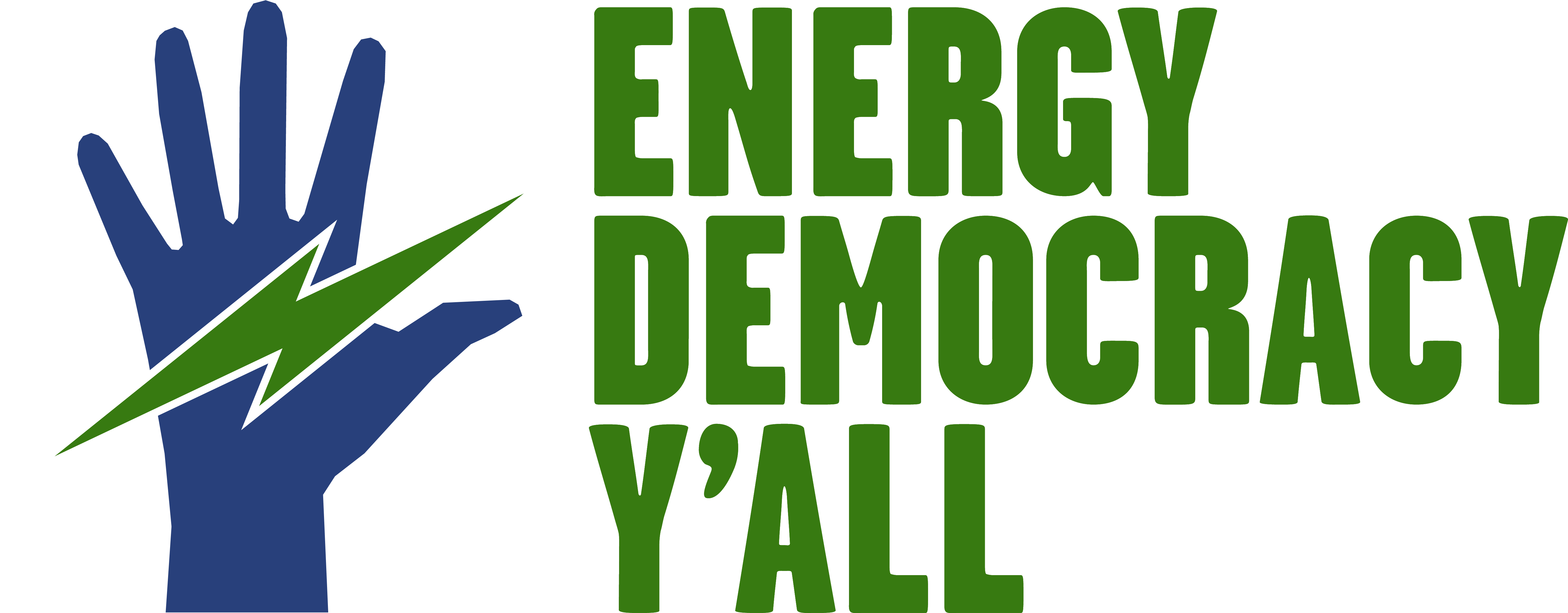City Utilities
So you get your electricity from a City Utility … But what does that mean? And what are the challenges and opportunities?
City utilities, also known as municipal utilities or “munis,” are public, not-for-profit utilities owned by local governments. Munis provide electric services to cities and towns, typically purchasing power from a larger utility or local energy markets. Some cities generate a portion of the energy they provide themselves.
Regardless of where or how the electricity is produced, munis typically use a mix of fossil fuels (coal and natural gas), nuclear power and renewables like wind and solar to power their communities.
Did you know that if you get your electricity from a muni, you have a unique place in your energy system? As a division of your local government, your muni is operated by elected or appointed boards. In other words, your muni is locally controlled. This means that you have the right to participate in the management of your muni, which means that you can help determine which fuels power your community, how much your electric rates are, and what path your muni takes to transition to a modern energy system, one that uses cheaper and cleaner renewable energy.
Unfortunately, munis face unique problems in modernizing their energy systems. Being not-for-profit, they aren’t bound to shareholders and don’t have stock to use for new investments like investor-owned utilities. Munis can also have difficulty obtaining financing from banks. Although their locally-owned structure frees munis to make energy choices based on community needs (versus investor priorities), it means that munis often struggle to modernize their community’s energy system, which impacts electric rates.
Adding to these problems, munis are often not required to meet state renewable energy or energy efficiency standards, meaning that your community could be missing out on the economic, social, and environmental benefits provided by clean, renewable energy.
How can YOU participate in Energy Democracy with your municipal utility?
Now you understand the challenges associated with munis and your energy system. The good news is that people around the country are working towards solutions in their communities. YOU can participate in Energy Democracy in your community by modernizing your muni!
First, it’s important to know that municipal utilities are governed by boards who are typically elected by community members (including you!) or are appointed by your city council. Your approach could address the following concerns:
Fuel choice: Move your muni towards a clean energy future by demanding contracts with renewable energy power plants. Wind power, rooftop and community solar, energy efficiency, and battery storage can also minimize your muni’s reliance on fossil fuels!
Management & transparency: Participate in your muni’s elections and demand transparency regarding the utility’s management. Share your input with your city council and your muni’s board, or run for those positions yourself!
Energy/customer security: Demand permission from your muni to produce a portion of your own energy consumption from reliable rooftop solar.
Affordable energy: Require your muni to invest in energy efficiency and financing programs that help community members manage their energy bills.
Access to a clean energy system for all: Implement low- and middle-income programs that expand access to affordable solar power in your community.
But, like all kinds of democracy, Energy Democracy only works when we participate.
There’s no blueprint for Energy Democracy, and that’s kind of the point — let’s create a future for all of us, one that puts clean energy and communities first!

